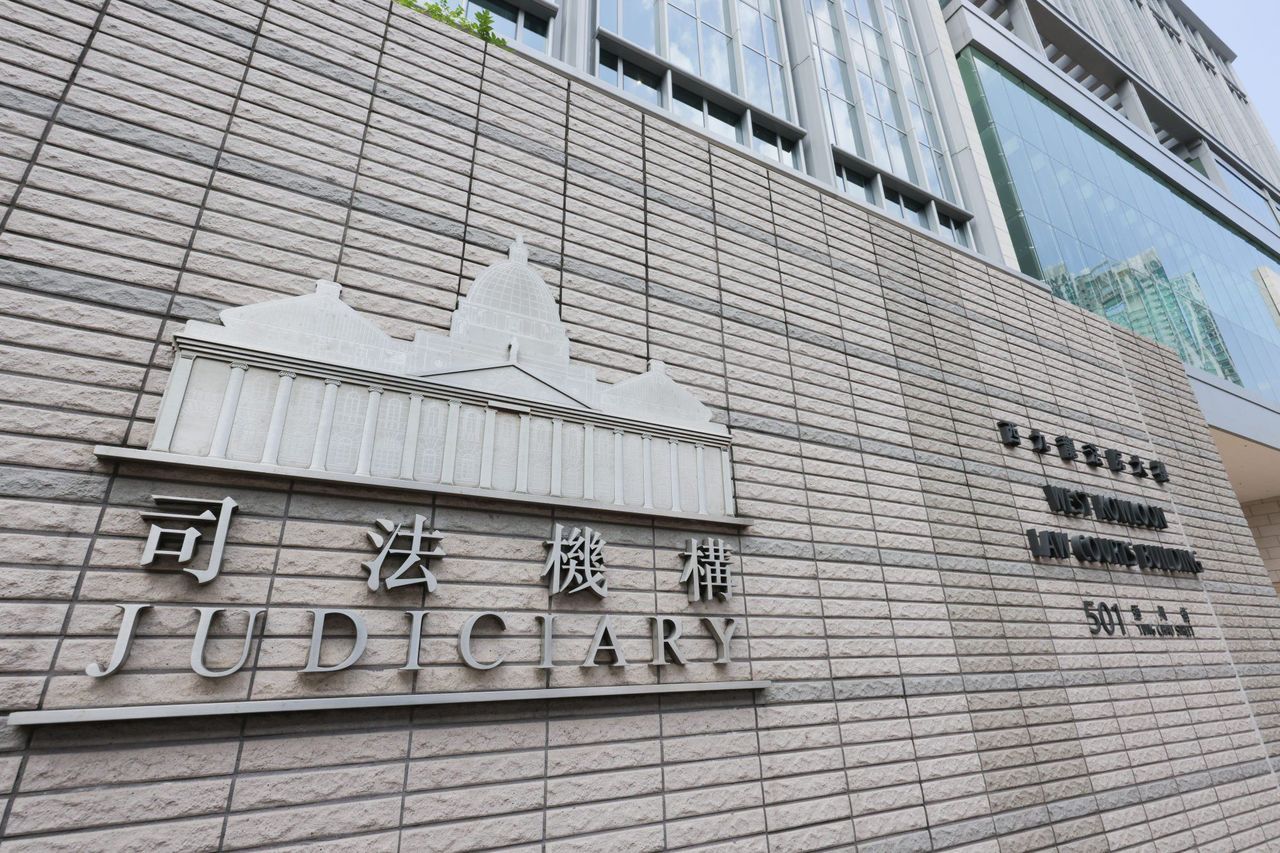Hong Kong News

Hong Kong Covid-19 task force swamped as woman, 62, died alone at home, inquest told
Hong Kong health staff battling the Covid-19 fourth wave were swamped around the time an elderly woman with chronic illnesses died alone at home before a quarantine space could be found for her, an inquest heard on Wednesday.
Dr Albert Au Ka-wing, a principal medical and health officer at the Centre for Health Protection, told the Coroner’s Court that the expansion of a task force designed to tackle the pandemic could not keep up with the surge in cases as the fourth wave hammered the city in late 2020.
“The surge came too quickly and rapidly, and on top of that, there were a number of mass evacuations … which posed an extra burden on our workforce,” Au said.
There was an enforced exodus of residents from two residential complexes in the first half of December.
 West Kowloon Law Courts Building in Sham Shui Po, where the inquest into
the death of a woman who died alone at home as she waited days for a
Covid-19 quarantine space.
West Kowloon Law Courts Building in Sham Shui Po, where the inquest into
the death of a woman who died alone at home as she waited days for a
Covid-19 quarantine space.
An autopsy showed Lui, who was retired, was also infected with the coronavirus. In addition, she had kidney problems, diabetes, high cholesterol and hypertension.
“We had been constantly strengthening our workforce, but I have no choice but to accept we did not have sufficient manpower to respond to the situation back then,” Au told Coroner Monica Chow Wai-choo and a five-strong jury.
But Au emphasised the staff shortfall was not down to an oversight by health authorities.
He highlighted other government departments involved in the uphill struggle against the coronavirus had faced similar problems.
The court earlier heard that the Centre for Health Protection took four days to complete the administrative process to send Lui to a quarantine centre, rather than the four hours usual in normal circumstances.
A nurse responsible for making preliminary enquiries about Lui’s medical conditions said she did not ask for her case to be fast-tracked because her health was stable and she was able to look after herself.
Au backed the nurse’s decision and said it was appropriate for Lui to wait in the same queue as everyone else.
“For those who display no symptoms and can take care of themselves, our goal is to send them to quarantine as soon as possible,” Au said. “We do not think there are some people who can be admitted earlier and some later.”
The jury suggested the nurse may have had a better understanding of Lui’s condition if further inquiries been made about the medicines she needed.
But Au said that was unnecessary in a preliminary investigation of close contacts and that the diseases Liu suffered from were common among older people.
The jury also questioned whether authorities had been aware of the manpower shortage faced by the coronavirus task force.
“Is it the case that, had it not been for this incident, the Department of Health would have only send additional workers bit by bit, and because of this incident, they finally resolved to increase the workforce once and for all?”, one juror asked.
“I am unable to answer this question,” Au admitted, but said the health department had hired extra staff before and after Lui’s death.
He said he also believed that officials had given “serious consideration” to how they would meet the increased demand for frontline staff.
The inquest continues.











